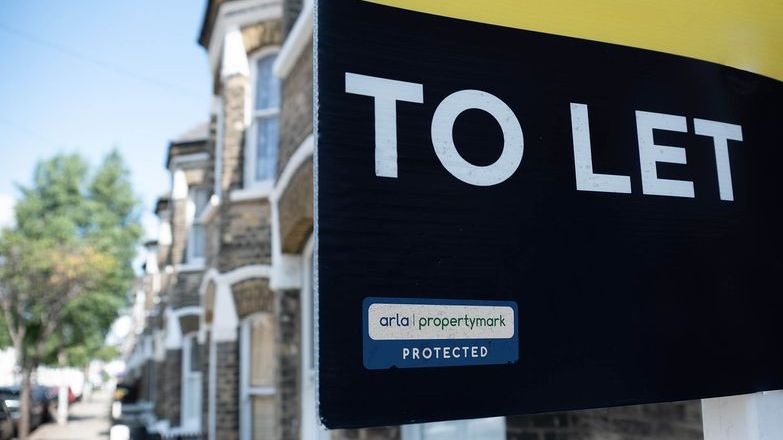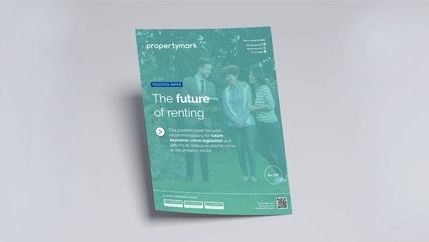
The Department for Levelling Up, Housing and Communities (DLUHC) has made piecemeal legislative changes in recent years thereby making the regulatory system even more complex and difficult to navigate for tenants, landlords and local authorities. The UK Government does intend to address problems within the PRS with the Renters’ Reform White Paper, which is due to be published later in 2022.
However, the report says that DHLUC will need better data to understand issues within the sector in order to evaluate the impact of legislative changes on landlords, tenants, the housing market as a whole and the effectiveness of regulation. The Department should also work across government, including formally where appropriate with other departments, to understand how the reforms may affect or be affected by other policy areas such as benefits and tax.
Evidence
The PRS in England has doubled in size in the last 20 years and now houses 11 million people. The report says that the sector is failing to provide safe and secure homes for renters, with 13 per cent (589,000) of privately rented properties currently posing a serious threat to the health and safety of renters, costing the NHS an estimated £340 million each year.
The National Audit Office (NAO) also highlighted in a report in December 2021 that DLUHC needs to gather further information about the PRS to provide better regulation and enforcement. The NAO report claims that DLUHC will struggle to measure the impact of its interventions without this data but has not yet developed a plan to improve the information it has available.
National Audit Office (NAO): DLUCH regulation plans lack data
The NAO report, released 10 December, highlights the need for the Department of Levelling Up, Housing and Communities (DLUHC) to gain further information about the private rented sector (PRS) to provide better regulation and enforcement.
Local Authorities
Enforcement by local authorities is also under capacity and is not providing appropriate and consistent protection for tenants according to the Public Accounts Committee. The report outlines that DLUHC does not know what base level of resource local authorities need to ensure landlords comply with legal minimum standards, and it is not proactive enough in supporting them to regulate effectively.
The future of renting
The Committee has made several recommendations, including:
- Improve renters’ ability to exercise their rights by learning from complaints and redress mechanisms used in other consumer markets.
- Conduct a realistic assessment of the resources needed for local authorities to regulate effectively, with consideration given to the size, types and quality of private rented properties and the demographics of renters. The Committee has asked DHLUC to write to them within six months with an update on the outcome of this assessment.
- Take a more proactive approach to support local regulators and share good practice. To do so, it should learn from other consumer protection systems that provide central intelligence and support to local regulators.
- Develop a coherent data strategy to identify and collect the data it needs to understand the problems renters are facing and evaluate the impact of legislative changes.
Reforming the PRS
The Future of Renting
The Future of Renting features our recommendations to the UK Government and its plans to reform the private rented sector in England. We want to help shape and influence the UK Government’s Renters’ Reforms White Paper which is due to be released in 2022.







